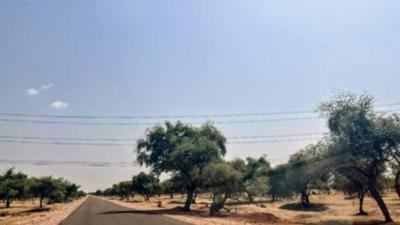Usufructuary Mortgages as a Source of Funds in Need: Some Theory and an Empirical Investigation
The usufruct mortgage has received little attention from economists. This paper develops and analyzes a theoretical framework in which the borrower, who mortgages out, and the lender, who mortgages in, a parcel of land reach their decisions in a risky environment when credit and land markets function imperfectly. It yields some results concerning what conditions and factors govern the decision to contract in the first place and, subsequently, when and whether to repay or agree to a sale. These findings underpin and structure an empirical investigation of such contracting in upland Orissa, based on a panel survey of 279 households over the period 2000-2013. Almost 20 percent had contracts in 2013, the borrowers’ chief need being to marry off a daughter, followed by coping with serious illness and bad harvests. The sums involved were quite large, indicating that such contracts expand households’ opportunities beyond those offered by standard informal and formal credit transactions. Mortgage contracting also appears frequently to lead to the full transfer of ownership rights from relatively land-rich to land-poor households.
Magnus Hatlebakk






